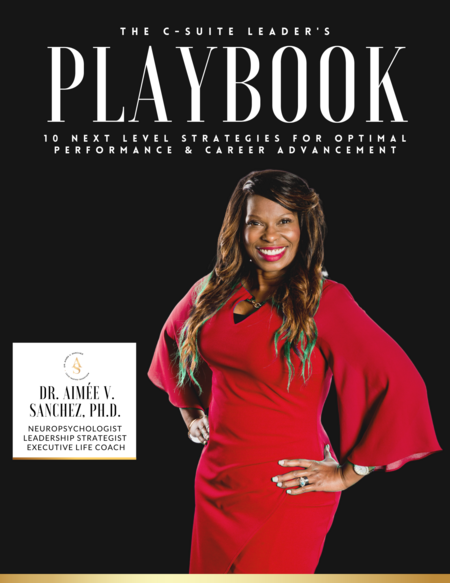Some say that work burnout is inevitable amongst high performing and top producing professionals, but it doesn’t have to be something to ‘look forward to.’ The issue is that we are trained to do our jobs, we work hard, we gain experience, we lead others, we put in the time, undying persistence, and tireless dedication, but at no point are we taught to prevent burnout. We don’t train for burnout prevention. Our professional goals are geared towards producing to our utmost ability and capacity, not towards ensuring our happiness, satisfaction, and longevity in our careers by preventing the potentially disabling consequences that burnout can bring.
The signs and symptoms of burnout look a lot like stress, which is why burnout is often dismissed as mere stress. We soon begin to ignore (or cover up) the signs, believing that they are due to some personal deficit that we must push through and overcome. The red flags of the signs and symptoms of burnout are, in reality, our opportunity to make things right so that we can continue to perform, produce, lead, and succeed professionally without the looming setbacks that untreated and unaddressed burnout can bring.
The Top 7 Signs of Burnout include:
- Feeling physically and emotionally drained at the end of most workdays.
- Difficulty with problem-solving and conflict resolution at home and/or work.
- Decreased enthusiasm about your work or things going on in your personal life.
- Loss of confidence in areas where you have always excelled.
- Confusion regarding what you are passionate about in life and loss of motivation and excitement in your work.
- Somatic symptoms and behavioral changes: headaches, gastrointestinal problems, changes in weight, poor eating habits, irritability, sleep disturbance, heart palpitations, panic attacks, and poor stress control.
- Increase use in alcohol, medication, caffeine, or other substances to maintain stamina, fall asleep, or to “recover” from a days work.
If you feel that you fall within one (or several) of these signs and symptoms of burnout, remember that it is critical to prevent its progression. Burnout signs and symptoms serve to warn us that our bodies are overloaded and we must decrease the stress burden. Our bodies give us ‘signs and symptoms’ so that we can intervene and make changes; however, if we do not head to impending burnout, eventually our bodies may force us to relieve the stress. This typically occurs in the form of physical and/or mental illness, which may lead us to (forced) rest.
If you are experiencing burnout, the effects can be very serious and can have lasting impact upon your health, wellness, personal and professional life. If this is you, you may be in need of additional support to work through the causes of burnout.
Coaching can be beneficial for individuals that would like to continue exploring how to improve their overall performance and reduce the overall effects of burnout. The coaching process allows for continual focus on helping individuals to identify specific actions that will deliver short-term as well as longer-term goals.
To learn more about coaching services provided by Dr. Sanchez please click here.
The C-Suite Leader's Playbook:

10 Next Level Strategies for Optimal Performance & Career Advancement
Helping Leaders Maximize Their Influence and Impact
In this FREE resource, you’ll uncover the same roadmap and insights that my executive clients have utilized to advance in their executive promotional campaigns.
Recent Posts
- 3 Reasons You are not Being Promoted
- 5 Tips for Women in Leadership: The Neuroscience of Female Leadership
- Perception, Power, Politics And Promotion: Navigating Challenges That Keep Women Out Of The C-Suite
- The Neuroscience of Imposter Syndrome for Leaders
- How to use neuroscience to influence psychological safety in the workplace

